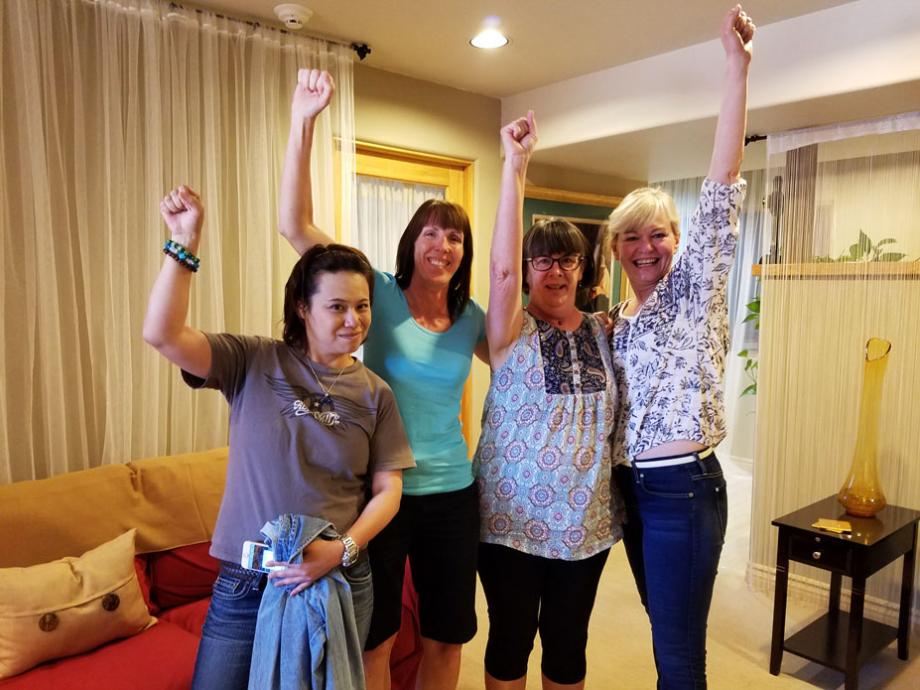Exploring the Role of Group Retreats in Fostering Social Workers' Resilience and Preventing Burnout
Social workers are often faced with challenging and emotionally demanding situations that can lead to burnout and decreased effectiveness. Group retreats offer a unique opportunity for social workers to come together, recharge, and learn strategies for promoting resilience and preventing burnout.

Benefits Of Group Retreats For Social Workers
- Provide a sense of community and belonging, reducing isolation and promoting peer support.
- Offer opportunities for self-reflection, personal growth, and skill development.
- Promote stress reduction, relaxation, and rejuvenation, enhancing overall well-being.
- Encourage mindfulness, emotional regulation, and coping mechanisms, building resilience.
- Foster a sense of purpose and meaning in social work practice, combating burnout.
Key Elements Of Effective Group Retreats
- Carefully planned and structured activities that align with the retreat's objectives.
- A supportive and inclusive environment that encourages open communication and sharing.
- Facilitators who are skilled in group dynamics and well-versed in social work practice.
- A variety of activities that cater to different learning styles and preferences.
- Opportunities for social interaction, networking, and relationship-building.
Impact Of Group Retreats On Social Workers' Resilience And Burnout
- Increased self-awareness, leading to improved self-care practices and coping mechanisms.
- Enhanced resilience, enabling social workers to better manage stress and adversity.
- Reduced burnout, promoting job satisfaction and longevity in the field.
- Improved work-life balance, fostering healthier relationships and personal well-being.
- Increased motivation and commitment to social work practice, leading to better outcomes for clients.
Best Practices For Organizing Group Retreats
- Clearly defined goals and objectives for the retreat.
- Careful selection of participants to ensure a diverse and supportive group dynamic.
- Thorough planning and preparation, including securing a suitable venue and arranging logistics.
- Effective facilitation that encourages participation, reflection, and growth.
- Evaluation and feedback mechanisms to assess the retreat's impact and make improvements.
Group retreats offer a valuable opportunity for social workers to come together, recharge, and learn strategies for promoting resilience and preventing burnout. By investing in self-care and well-being, social workers can better serve their clients and communities.
Social work organizations and institutions should consider incorporating group retreats into their professional development programs to support the well-being of their staff and enhance the quality of services provided to clients.
YesNo

Leave a Reply